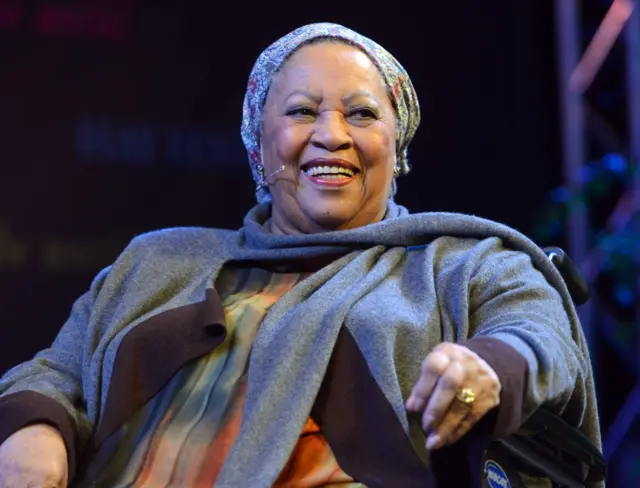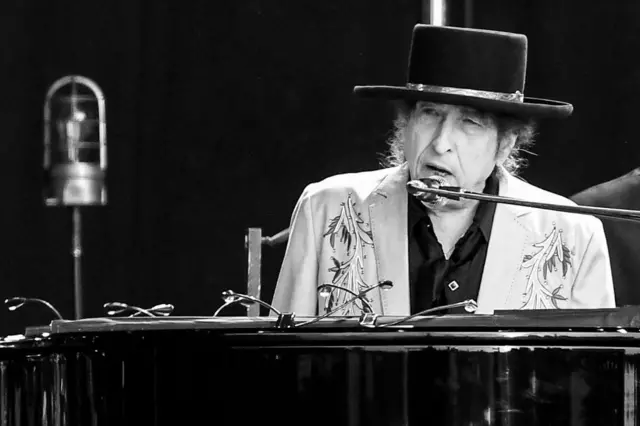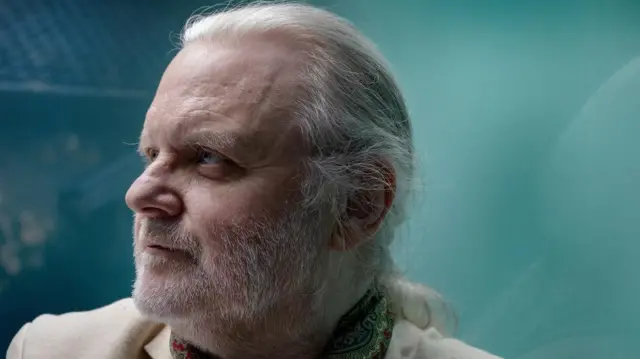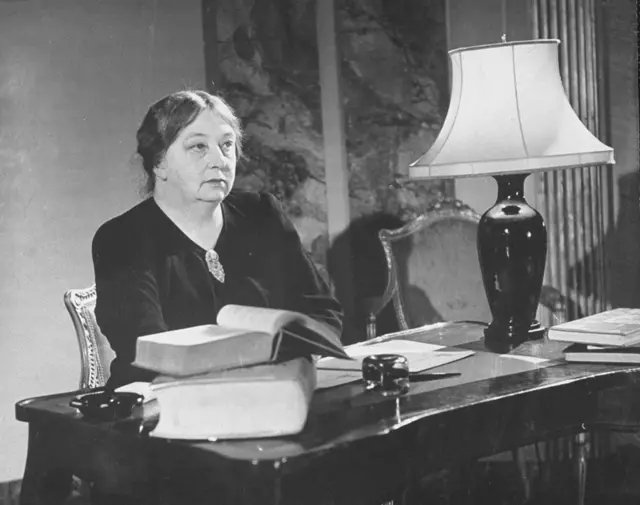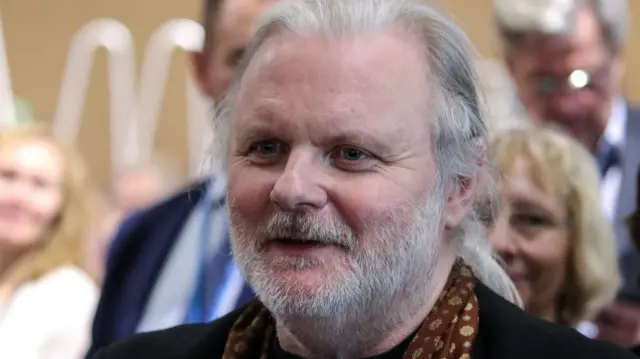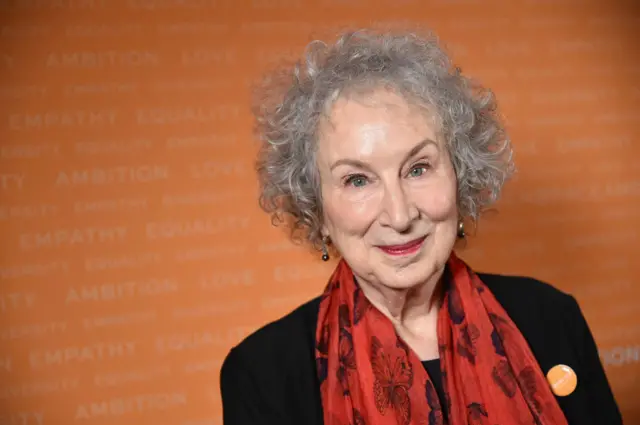What's been happening?published at 14:00 BST 5 October 2023
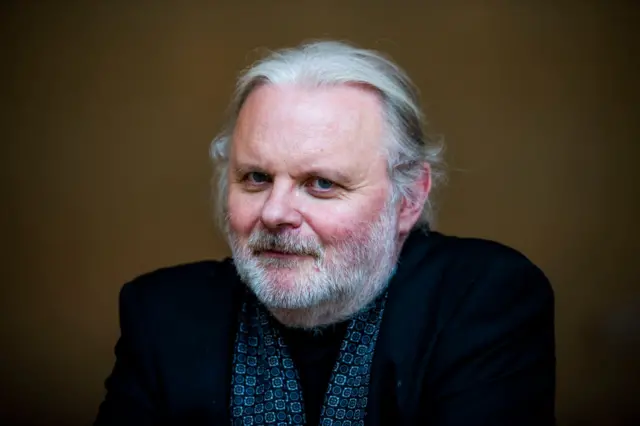 Image source, Getty Images
Image source, Getty ImagesWe're ending our live coverage soon - thank you for reading.
It has been a joint effort by Nadia Ragozhina, George Wright, Emily Atkinson and Paul Gribben.
Here's a round-up of what's been happening in Stockholm today.
- Norwegian Jon Fosse has won the 2023 Nobel Prize in Literature
- The Swedish Academy in Stockholm praised his innovative plays and prose and said he gave voice to the unsayable
- Fosse said he was "overwhelmed and somewhat frightened" at getting the prestigious award
- The 64-year-old's major works include the novels "Boathouse" (1989) and "Melancholy" I and II (1995-1996)
- Norwegian PM Jonas Gahr Støre said the whole country '"is proud today"
